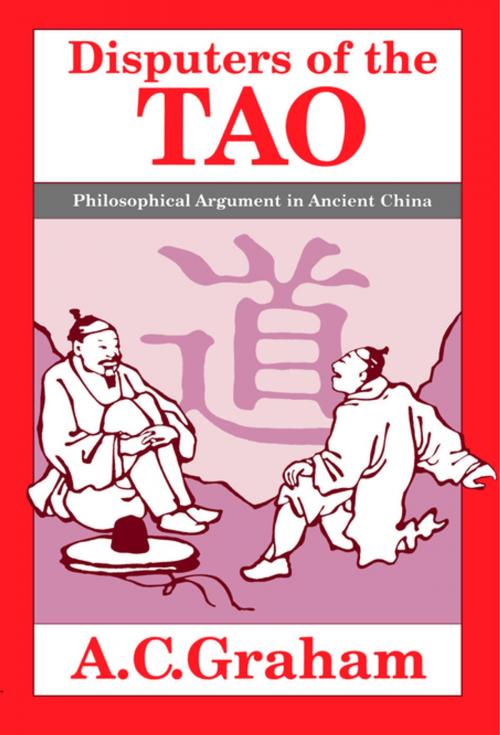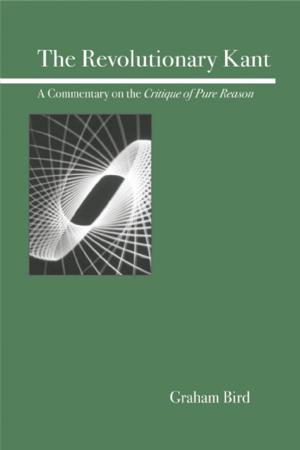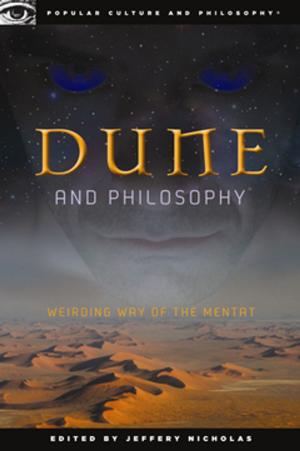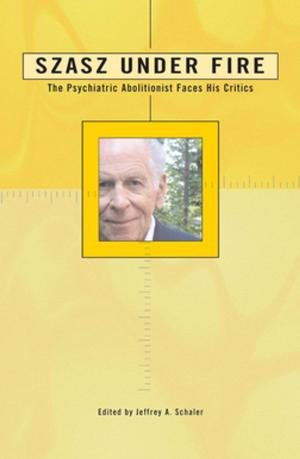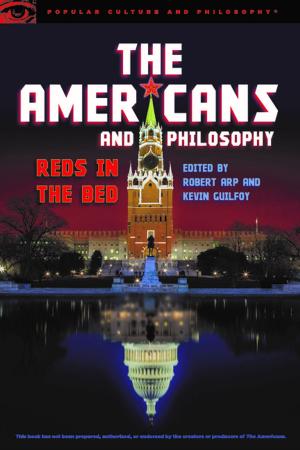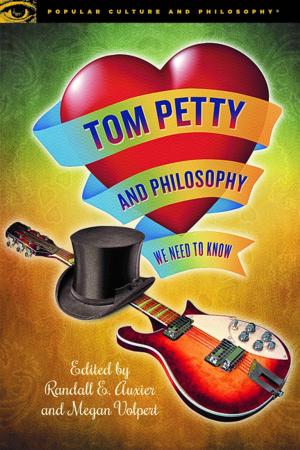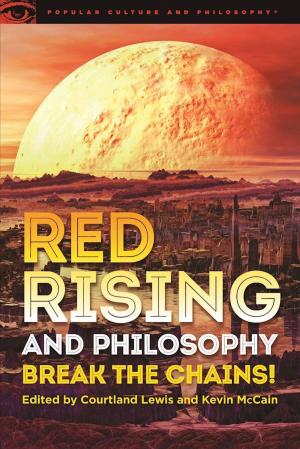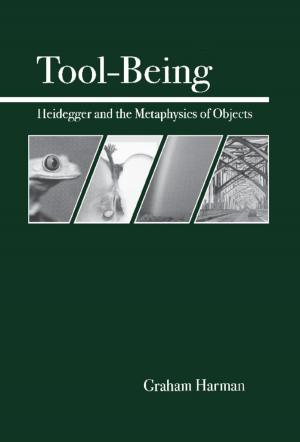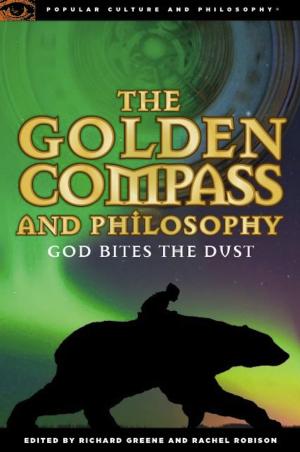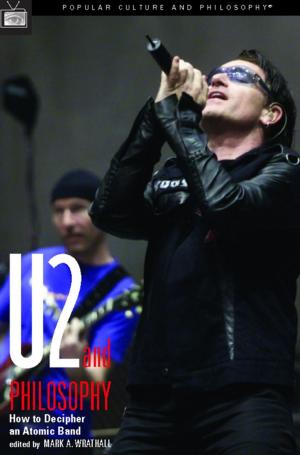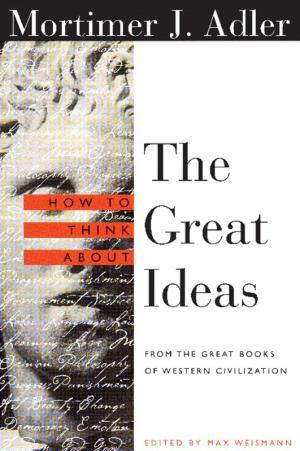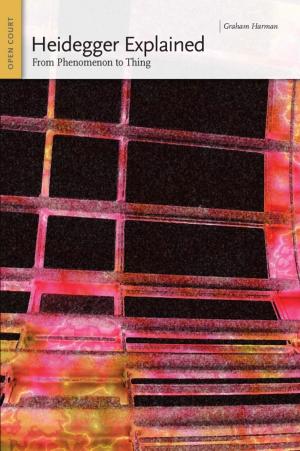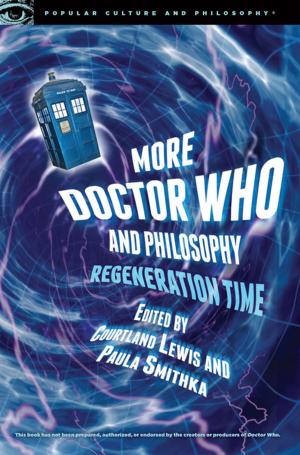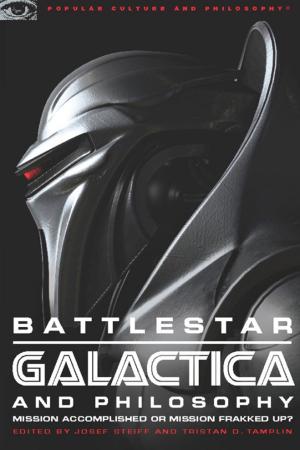Disputers of the Tao
Philosophical Argument in Ancient China
Nonfiction, Religion & Spirituality, Philosophy, Taoism| Author: | A.C. Graham | ISBN: | 9780812699425 |
| Publisher: | Open Court | Publication: | December 15, 2015 |
| Imprint: | Open Court | Language: | English |
| Author: | A.C. Graham |
| ISBN: | 9780812699425 |
| Publisher: | Open Court |
| Publication: | December 15, 2015 |
| Imprint: | Open Court |
| Language: | English |
"A history of Chinese philosophy in the so-called Axial Period (the period of classical Greek and Indian philosophy), during which time China evolved the characteristic ways of thought that sustained both its empire and its culture for over 2000 years. It is comprehensive, lucid, almost simple in its presentation, yet backed up with incomparable authority amid a well-honed discretion that unerringly picks out the core of any theme. Garlanded with tributes even before publication, it has redrawn the map of its subject and will be the one essential guide for any future exploration. For anyone interested in the affinities between ancient Chinese and modern Western philosophy, there is no better introduction"
-Contemporary Review
"The book is an expression of first-rate scholarship, filled with deep insights into classical Chinese thought. At the same time, it provides a comprehensive and well-balanced discussion that is accessible to the general reader. It is the rare kind of book that will be used as a standard text in introductory courses and be regularly consulted and cited by specialists working in the field."
-Philosophical Review
"For those who will read only one book on Chinese philosophy, A. C. Graham's Disputers of the Tao is it."
-Journal of the History of Philosophy
A. C. Graham (19191991) is considered by many to have been the leading world authority on Chinese thought, grammar, and textual criticism and the greatest translator of Chinese since Waley. He taught at the School of Oriental and African Studies, London University (where he was Professor of Classical Chinese until 1988) Yale, Ann Arbor, Tsing Hua, Brown, and Honolulu. He was a Fellow of the British Academy. His numerous works include Two Chinese Philosophers (1958), Poems of the Late T'ang (1965), Chuang-tzu: the Seven Inner Chapters (1981), and Studies in Chinese Philosophical Literature (1986).
"A history of Chinese philosophy in the so-called Axial Period (the period of classical Greek and Indian philosophy), during which time China evolved the characteristic ways of thought that sustained both its empire and its culture for over 2000 years. It is comprehensive, lucid, almost simple in its presentation, yet backed up with incomparable authority amid a well-honed discretion that unerringly picks out the core of any theme. Garlanded with tributes even before publication, it has redrawn the map of its subject and will be the one essential guide for any future exploration. For anyone interested in the affinities between ancient Chinese and modern Western philosophy, there is no better introduction"
-Contemporary Review
"The book is an expression of first-rate scholarship, filled with deep insights into classical Chinese thought. At the same time, it provides a comprehensive and well-balanced discussion that is accessible to the general reader. It is the rare kind of book that will be used as a standard text in introductory courses and be regularly consulted and cited by specialists working in the field."
-Philosophical Review
"For those who will read only one book on Chinese philosophy, A. C. Graham's Disputers of the Tao is it."
-Journal of the History of Philosophy
A. C. Graham (19191991) is considered by many to have been the leading world authority on Chinese thought, grammar, and textual criticism and the greatest translator of Chinese since Waley. He taught at the School of Oriental and African Studies, London University (where he was Professor of Classical Chinese until 1988) Yale, Ann Arbor, Tsing Hua, Brown, and Honolulu. He was a Fellow of the British Academy. His numerous works include Two Chinese Philosophers (1958), Poems of the Late T'ang (1965), Chuang-tzu: the Seven Inner Chapters (1981), and Studies in Chinese Philosophical Literature (1986).
